 Every Step Counts
Every Step Counts
by Theodora Papapanagiotou.
Today I will tell you a story. Maybe in the beginning it will seem a bit irrelevant to the title, but bear with me and you will understand.
In my first year of college I met a very special person. Kostas was an archeology student. 17 years old. Full of energy. A promising future ahead. It was much later that I realized that he was diagnosed with multiple sclerosis. Lots of battles to give. Nothing stopped him. He is still unstoppable. I had the luck to keep in touch with him for many years and I know that even though we don’t live at the same place or have a chance to talk frequently, we still care about each other.
Some years ago my friend and I were talking about raising awareness about his condition – an important thing to mention here is that he was the vice president of the Greek multiple sclerosis (MS) society here in Greece back then. Raising awareness is a difficult thing. People believe that somebody with a disability is not able to function in society. People feel pity, people are not always willing to help. So we thought, why don’t we include physical activity, students of all ages and their friends and parents having fun and actually gaining something from all this? That was how we came up with an idea for a fitness charity event, the proceeds of which would go to help the multiple sclerosis society cause.
I contacted my local gym. My trainer Penelope was more than willing to help and took over the organization of the event. She found a place at the local university, she gathered the trainers, she took care of all the equipment. My friend Kostas took care of the information side of the event, contacting doctors and trainers and organizing the talks. My students (some were university students, some were high school students – and their younger siblings, their parents, and their school teachers) and I took it upon ourselves to advertise the event in the local community.
Before starting the ad campaign, I thought that I could integrate the subject of “disability” into my lessons. In my search for suitable materials, I came across a lot of interesting things. First of all, there was a website with actual ELT material about disability, the Disabled Access Friendly campaign. Although the site does not exist anymore, they still have a Facebook page and they actually won an ELTon for innovation in teacher resources back in 2014.
After a few lessons talking about disabilities, how a person must feel and how we can help, my students and I started our campaign, trying to bring as many people as possible to the event. We advertised on social media like Facebook, Instagram, and various webpages; we printed posters and asked local shops to put them up; we gave leaflets with information to everyone we knew. It was amazing that everyone wanted to do something for this cause.
Needless to say that it turned out to be a wonderful event. In the first part of it, a university professor gave a talk about multiple sclerosis and exercise. A lot of patients, therapists, and trainers took part. Then the fun began! Every single trainer of the gym had prepared a routine for the people who came. We enjoyed hours of dancing, yoga, aerobics, and much more! The music with its energy contributed to the great mood! I would also like to mention that everybody volunteered their time and the money that was raised went all to the MS society.
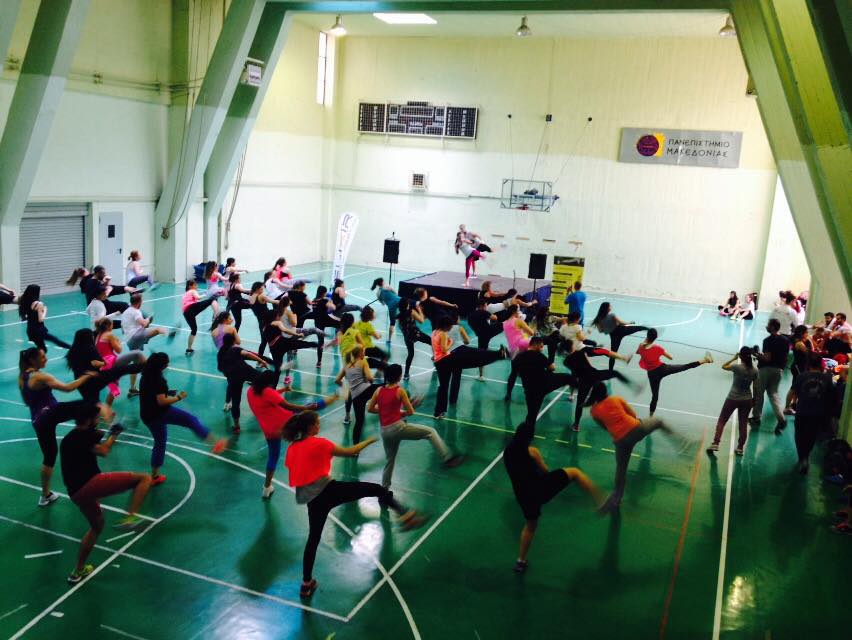
I am not writing all this to brag. After all, I did not do much. What I wanted to say with this post is that we can all do something and it doesn’t have to be something big. Volunteer. Put a poster on the wall at your school. Talk with parents to help somebody. Involve your students in a clean-up activity at the beach or a visit to an old people’s home. Every small step counts.
Leaving you with a breath of hope and fun of this video and some other ideas and resources to use if you choose to speak about this topic with your students:
The Disabled Access Friendly campaign – a thank you post by Vicky Loras
Challenge a Disabled-Access-Friendly world: Lessons for the ELT classroom by Vicky Loras
The Wheelchair – a short video clip from the Disabled Access Friendly campaign
The Superhumans – a lesson plan based on the video about the Paralympic Games in Rio
My champion – a post about Kostas Michalakis

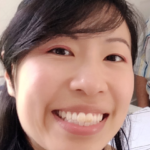 Community Activist in Progress
Community Activist in Progress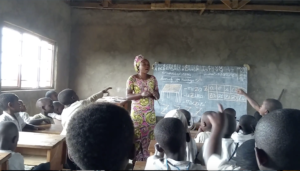

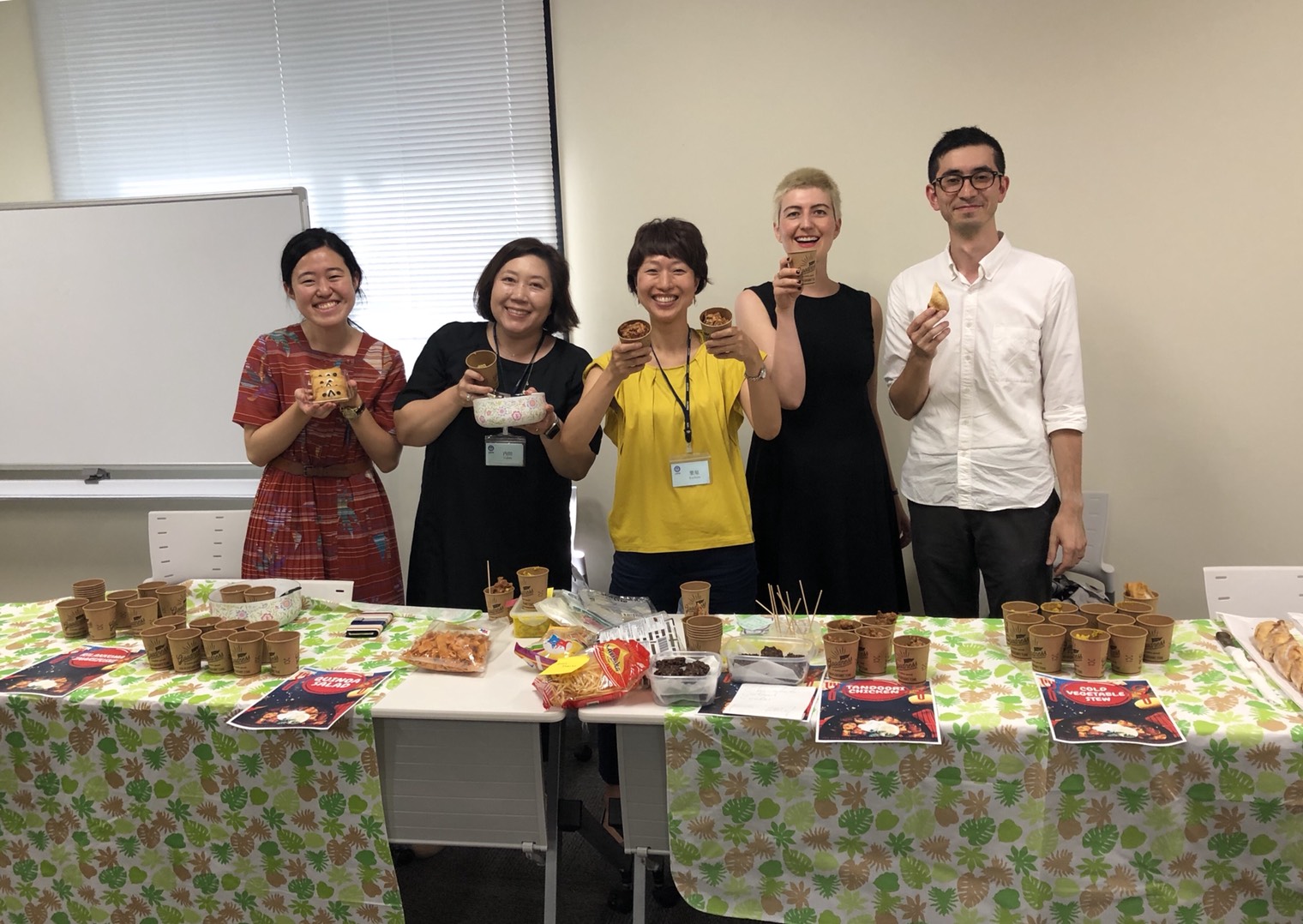
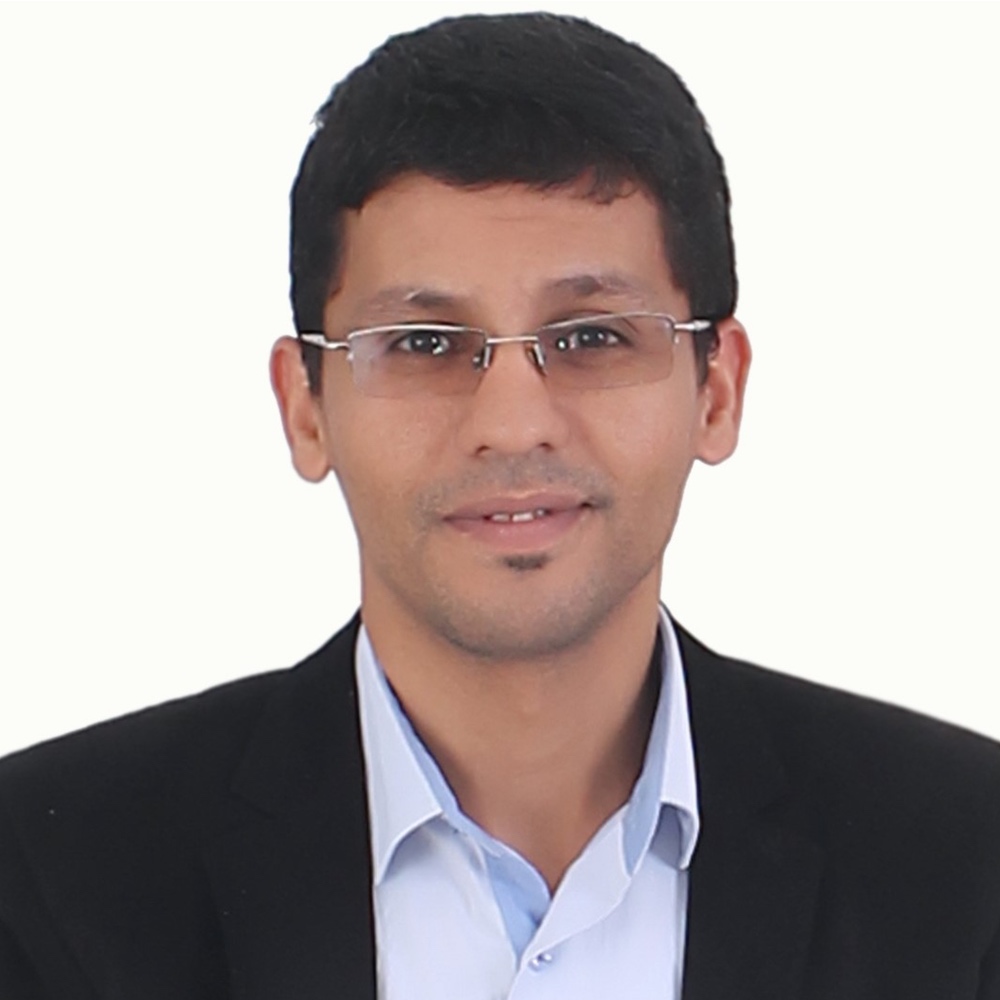 Autism Changed Our Perspectives
Autism Changed Our Perspectives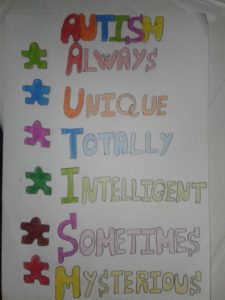 To conclude, participating in this project was a tremendous eye-opener for me personally, for the students, and for the whole school. Society always regards autistic individuals as inferior creatures who lack social skills, and I hope that this project changed that view a little bit and our students became aware that autistic people can be creative, funny, social, and extremely intelligent.
To conclude, participating in this project was a tremendous eye-opener for me personally, for the students, and for the whole school. Society always regards autistic individuals as inferior creatures who lack social skills, and I hope that this project changed that view a little bit and our students became aware that autistic people can be creative, funny, social, and extremely intelligent.